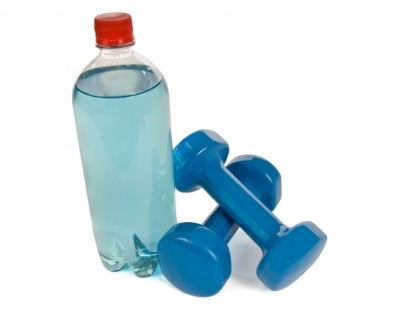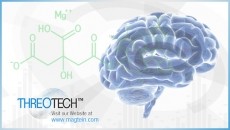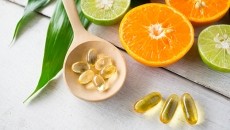Energy drinks are “never appropriate” for kids and could harm, warns AAP

The report, “Sports Drinks and Energy Drinks for Children and Adolescents: Are They Appropriate?” published in the June 2011 issue of Pediatrics, warns of the specific risks to young people.
“Energy drinks contain substances not found in sports drinks that act as stimulants, such as caffeine, guarana and taurine. Caffeine – by far the most popular stimulant – has been linked to a number of harmful health effects in children, including effects on the developing neurologic and cardiovascular systems,” according to the report.
Marcie Beth Schneider, a member of the AAP Committee on Nutrition and the report’s co-author said: “In many cases, it’s hard to tell how much caffeine is in a product by looking at the label. Some cans or bottles of energy drinks can have more than 500 mg of caffeine, which is the equivalent of 14 cans of soda.”
Dangerous
There is much confusion about sports drinks and energy drinks, she continued. “Some kids are drinking energy drinks – containing large amounts of caffeine – when their goal is simply to rehydrate after exercise. This means they are ingesting large amounts of caffeine and other stimulants, which can be dangerous.”
Holly Benjamin, executive committee member of the AAP Council on Sports Medicine and Fitness and co-author of the report, said sports drinks can be helpful for young athletes engaged in prolonged, vigorous physical activities. But in most cases they are unnecessary on the sports field or the school lunchroom.
“For most children engaging in routine physical activity, plain water is best,” said Benjamin. “Sports drinks contain extra calories that children don’t need, and could contribute to obesity and tooth decay. It’s better for children to drink water during and after exercise, and to have the recommended intake of juice and low-fat milk with meals. Sports drinks are not recommended as beverages to have with meals.”
Health risks
AAP recommends that paediatricians should highlight the difference between sports drinks and energy drinks with patients and parents, and talk about the potential health risks.
Meanwhile, childhood and adolescent obesity (affecting those between the ages of 2 to 19) rose by nearly 17 percent in 2007-2008 from 5 percent in 1971-1974, according to the Centers for Disease Control and Prevention.
Last year, energy drink sales totaled $7.7bn, up 8.9 percent compared with the previous year, according to industry monitor Beverage Digest. It attributed a 7.5 percent rise, valued at $7bn, to sports drinks containing carbohydrates, electrolytes and sweeteners.













